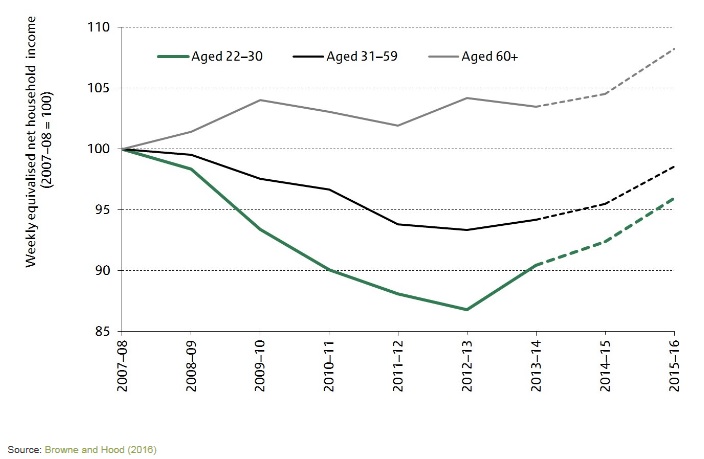
The chancellor, Philip Hammond, defended six years of Conservative economic policy in this year’s autumn statement.
He said the Conservatives had “demonstrated beyond doubt that controlling public spending is compatible with world-class public services and social improvement”.
Mr Hammond reeled off a list of apparent successes that have taken place since the Conservatives came to power as part of the coalition government in May 2010.
Let’s take them one by one and see if they pass the FactCheck test.
“During those six years we’ve seen crime fall by more than a quarter.”
It depends on which of the two main sets of crime statistics you prefer to use.
The Crime Survey for England and Wales shows the total number of incidents falling from 9,344 incidents in the 2009/10 financial year to 6,398 in the 12 months to June 2016.
That’s a fall of 31 per cent, so yes, “more than a quarter”.
If you use police recorded crime data instead, the picture is less rosy, showing a slight rise between 09/10 and 15/16.
In fairness to Mr Hammond, police data may well not be as reliable as the crime survey. It was stripped of its status an official national statistic in 2014 due to evidence of unreliability.
The Office for National Statistics reports both measures side-by-side and warns: “Neither of these sources can provide a picture of total crime.”
“The highest proportion ever of good or outstanding schools.”
This is true – but may not be as good as it sounds.
Last year the government announced with much fanfare that 84 per cent of schools were rated either “good” or “outstanding” – the top two categories.
But this may have more to do with the way the school inspection system is set up than with actual improvement on the ground.
The inspection agency Ofsted no longer carries out routine “section 5” inspections of schools once they have been designated “outstanding”.
And “good” schools usually get a short one-day visit every three years.
So once a school is in one of the top two categories, it can stay there for some years without the risk of losing the rating.
But a school judged to be “inadequate” or one that “requires improvement” will be inspected more frequently.
So there are more opportunities for problem schools to move up the rankings, and fewer chances for a top school to slip down.
The figure the government uses is cumulative, not annual, and we would expect the proportion of “good” or “outstanding” schools to go up over time.
“The number of doctors has increased by 10,000 in our NHS.”
About right, depending on when you start counting.
If we start counting at the 2010 general election, there are now around 12,000 more doctors working for the NHS.
But given that it takes five years to begin working as Foundation-level trainee doctor, and 10 to 15 years before you become a fully qualified GP or specialist, it’s hard to see how the Conservatives can take the credit for funding the training of all these doctors.
“Pensioner poverty at its lowest level ever.”
True, according to most measures. Pensioner poverty decreased sharply from the late 1990s to the mid-2000s.

Most measures suggest it has continued to fall slightly under the Conservatives.
Analysis by the Institute for Fiscal Studies, among others, has shown how George Osborne generally protected pensioners from austerity, with older people’s incomes rising the most since 2010:

“The lowest ever number of children being raised in workless households.”
True – the proportion of children living in UK households where no adult works has fallen from 19.8 per cent 1996 to 10.9 per cent.
There are other many other measures of child poverty, and not all of them flatter the government.
The Institute of Fiscal Studies predicts a significant rise in child poverty over the next few years.
“And the highest ever number of young people going on to study full-time at university.”
Numbers and application rates for 18-year-olds who want to go to university are indeed at record levels, according to the admissions service UCAS.



